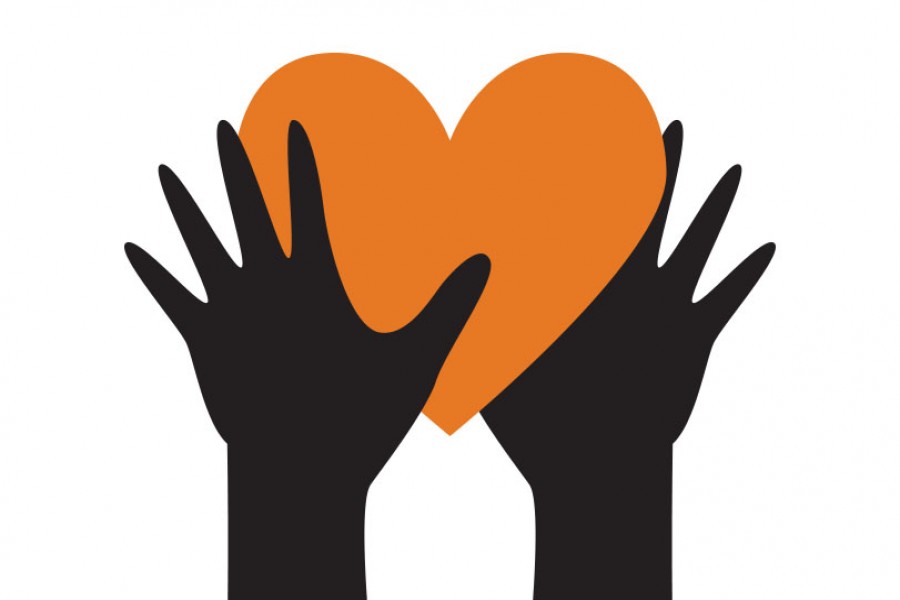The first half of the twentieth century saw big social, scientific and technological revolutions. It also witnessed two great wars. In the second half, there was an uneasy balance between two opposite political camps preaching two mutually exclusive and antagonistic social theories and political ideologies: Capitalism and socialism; liberal democracy and communism. Both ideologies promised liberation of humanity from old social and cultural orders, but in different ways. Communists wanted transition from the old order in a disruptive, what they called, revolutionary, manner. The capitalist West, on the other hand, wanted the transition to happen in an evolutionary, adaptive fashion. The world was evenly balanced between those two powers. As a result, neither would commit excesses for fear of tipping the balance. So, the post-colonial capitalist model of liberal democracy flourished in the West. Issues like human rights, women rights, rights of minorities, etc., were their dominant political-cultural narratives.
Communists, on their part, were champions of social equality and fought for, what they said, freeing humanity from all forms of exploitative and discriminatory politics based on religion, race or colour. As such, the Western powers played it safe so that in their elections, the testament to the exercise of people's power in Western democracy, discriminatory political slogans may not get the upper hand. For the communists would then, they feared, publicise it as the weakness of Western democracy and justify their call for its revolutionary change.
So, overall, there was restraint in every sphere of social and political activism. Hate politics, which is so popular now, could not then raise its ugly head as audaciously as it can now. Any political party openly supporting such reactionary view would get no support from any quarter far less sweep any election.
Populist politics was discouraged for that would expose the hollowness of Western democratic values.
But at the fag end of the twentieth century, one of the superpowers, the communist Soviet Russia, the accursed enemy of the Western capitalism, fell. It eliminated a mortal threat to Western capitalism and its system of democracy. But the upshot of it was that all the fault lines of Western democracy, of its liberalism and, especially, of its electoral system, were exposed. The world went into free fall. The remaining world powers could now afford to push their less altruistic agenda unabashedly. America under George W. Bush and now the lame-duck president Donald Trump have been its best example. Supremacist politics of discrimination and division based on religion, race, colour, ethnicity and so on came into full play. The likes of Jair Bolsonaro of Brazil and Viktor Orban of Hungary got the upper hand. The politics based on human rights, women's rights and equal opportunity for all receded to the background.
Though Trump has been defeated in America, his legacy has not lost its appeal.
Amid such oppressive times, the 100 inspiring women's list presented by the BBC before the world audience provides a reprieve.
In the list, Rina Akter, a sex worker from Bangladesh is placed side by side with Jane Fonda, a two-time Academy Award winning actress of America. There are many, many more such persons from most diverse backgrounds who have been treated as equals. No social prejudice could play its part to discriminate against the listed women on the basis of cast, creed, colour, ethnicity and what have you. So you see Vanessa Nakate, a young Ugandan climate activist smiling beside Finland's Prime Minister Sanna Marin. It is undoubtedly a message to the divisive, dehumanising and xenophobic forces of darkness trying to occupy the world stage.
However, this levelling of differences between people based on social prejudice or economic disparity as done in the BBC's list of a hundred women will have little impact on the politics of division that is reigning supreme in the present-day world. But it can at least inject some hope that all is not lost. After all, good sense and sanity still have their place.
The first two decades of the twenty-first century have been marred by the twin-tower collapse, wars in Afghanistan and Iraq and a winter of despotism's resurgence following the failed Arab spring. Syrian president Bashar al-Assad's war on his own people's prolonged democratic struggle triggered an exodus of refugees to neighbouring Arab countries and Europe.
As if that was not enough, the phenomenon of Islamic state appeared and left its devastating impact on what remained of the world's cradle of civilisation, Iraq, after US president Bush's destructive military campaign in the name of punishing Saddam Hussein.
The Islamic state's excesses gave rise to another war of attrition in Middle East.
All these wars together created a humanitarian catastrophe of unprecedented proportions.
Unlike in the past, the fractious West is failing to exercise its moral authority on the rest of the world. As a result, the social wounds caused by the endless wars in different corners of the globe, rather than healing, are festering.
And in absence of an overarching moral authority or leadership, the world is gradually lapsing into obscurantism.
The West's failure to keep its promise of creating a free world where rights and opportunities would be equal for all people has helped dwarfs to rise and occupy the world stage and promote their mean and selfish agenda. But still, there are people who set extraordinary examples of selflessness and institutions that nurture such acts. These are candles of hope in the midst of approaching darkness.


